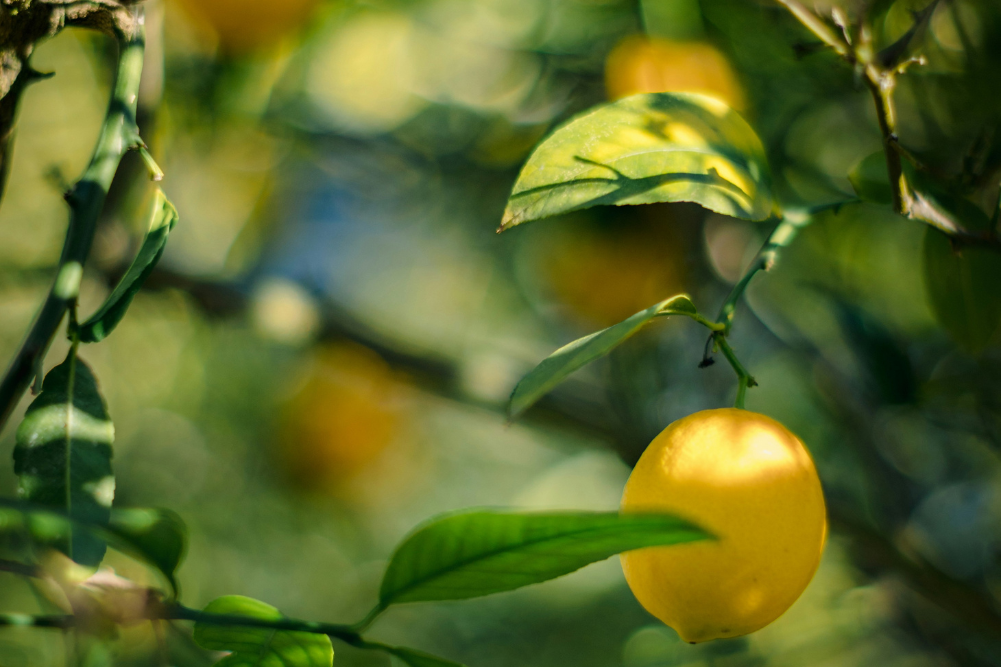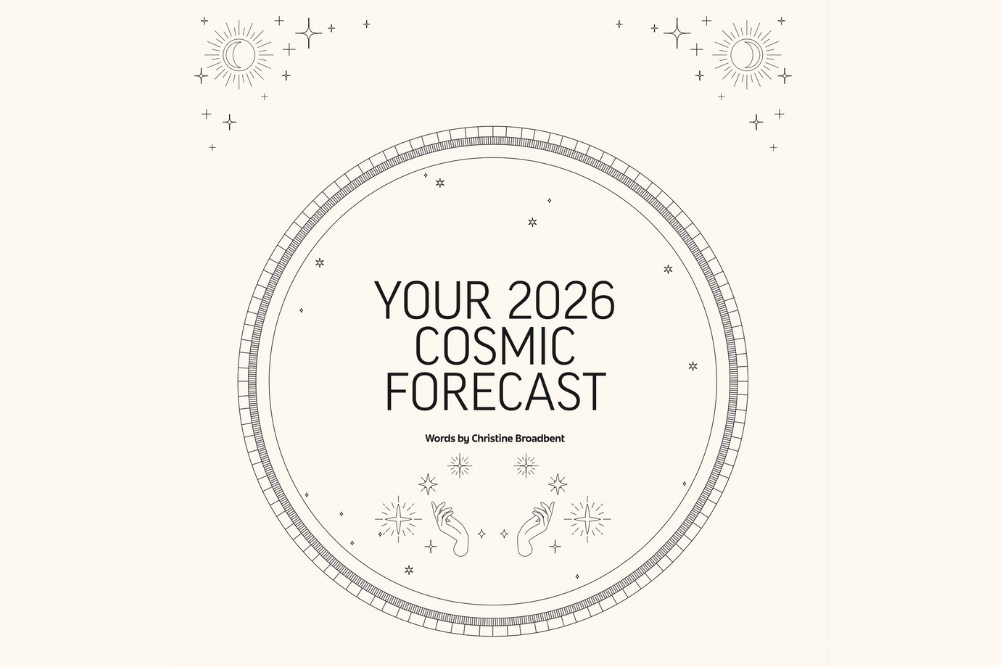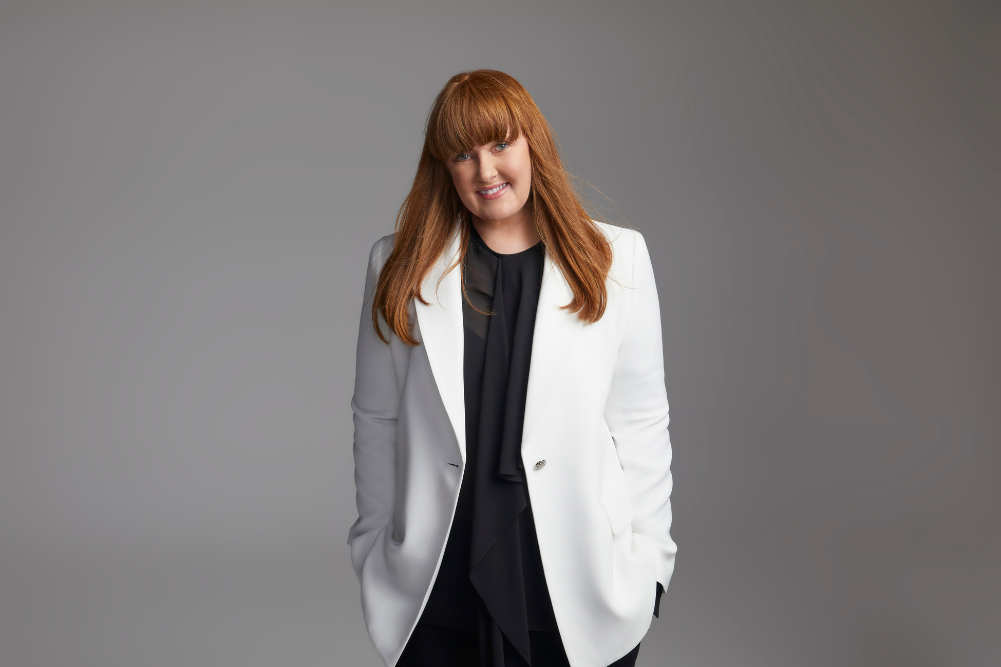The alco-caff problem
A few weeks ago the United States Food and Drug Administration demanded that caffeinated alcoholic beverages (CABs) be removed from the market. Now new researched has been released detailing exactly how harmful these drinks may be.
In the US there is a significant market for CABs and to some extent they enjoy popularity in Australia. Additionally there is the practice of mixing energy drinks with alcohol. In May 2010 an Australian establishment was banned from serving alcohol mixed with energy drinks in the final two hours of opening on weekends. At the time the question was raised by the licensee as to how an alcohol and energy drink mix was any different to, for instance, a vodka and orange. The answer to that has been provided by the new study.
The idea behind mixing caffeine with alcohol is that the stimulating effects of caffeine counteract the sedating effects of alcohol allowing the drinker to party harder and longer. As is often the case, the effect on the body is not so simple as that simplistic rationale may indicate.
The new report examined a range of studies and reports to come up with some significant statistics. For instance, bar patrons who consume CABs are three times more likely to leave a bar highly intoxicated compared to non-CAB drinkers. Sure, it may be that people who are likely to purchase CABs are more likely to get intoxicated anyway but what if the CABs are the cause rather than part of the affect? Given that they are heavily targeted at younger people are we willing to take that risk? This is also not the end of the story.
The report also highlighted research showing that CAB drinkers are four times more likely to intend to drive home after leaving the bar. Another study was reported as showing that people who had consumed CABs were twice as likely to experience or commit sexual assault, travel with an intoxicated driver, have an alcohol related incident, or require medical treatment.
The good news is that the authorities are onto the problems threatened by CABs. In the United States on the 17th of November 2010 the FDA issued warning letters to four companies providing CABs stating that their products could be seized under federal law if they were not removed voluntarily. On the 3rd of December 2010 the Australia and New Zealand Food Regulation Ministerial Council announced that it has referred pre-mixed alcohol and caffeine drinks (CABs) to its Ministerial Council on Drug Strategy. The Australia and New Zealand authorities also made a significant move by indicating they would review caffeinated energy drinks that do not contain alcohol.
This is an important move because of course banning CABs does not prevent mixing energy drinks with alcohol. Last month a study in the journal Alcoholism: Clinical and Experimental Research found that among university students those who drank caffeinated energy drinks on a daily or weekly basis were more likely to become alcohol dependent than students who rarely or never had the energy drinks.
In Australia pre-made caffeinated beverages are allowed to caffeine at levels up to 320mg per litre. Product labels must clearly state how much caffeine is contained per serve. The problem is that a report from the New South Wales Food Authority (NSWFA) released in February 2010 found that 77 per cent of caffeinated drinks contained more than the amount of caffeine permitted by the Food Standards Code.
At the upper allowable limit a caffeinated beverage of 250ml size contains around about the amount of caffeine in a cup of instant coffee. If the product in question has exceeded the limit, as 77 per cent of them do, and if you have more than one 250ml can at a time, then that’s a lot of caffeine; especially if you are at the younger end of the youth market which these products target.
The bottom line is that these drinks are not benign, they do have health consequences, and they need strict regulation. The authorities are onto it but they need to keep on it and in the meantime we need to protect ourselves and particularly our young.
Meanwhile if you visit Meijer Ad that contains mostly likewise discounts with Winn Dixie Ad you surely have a range like ALDI Ad.







